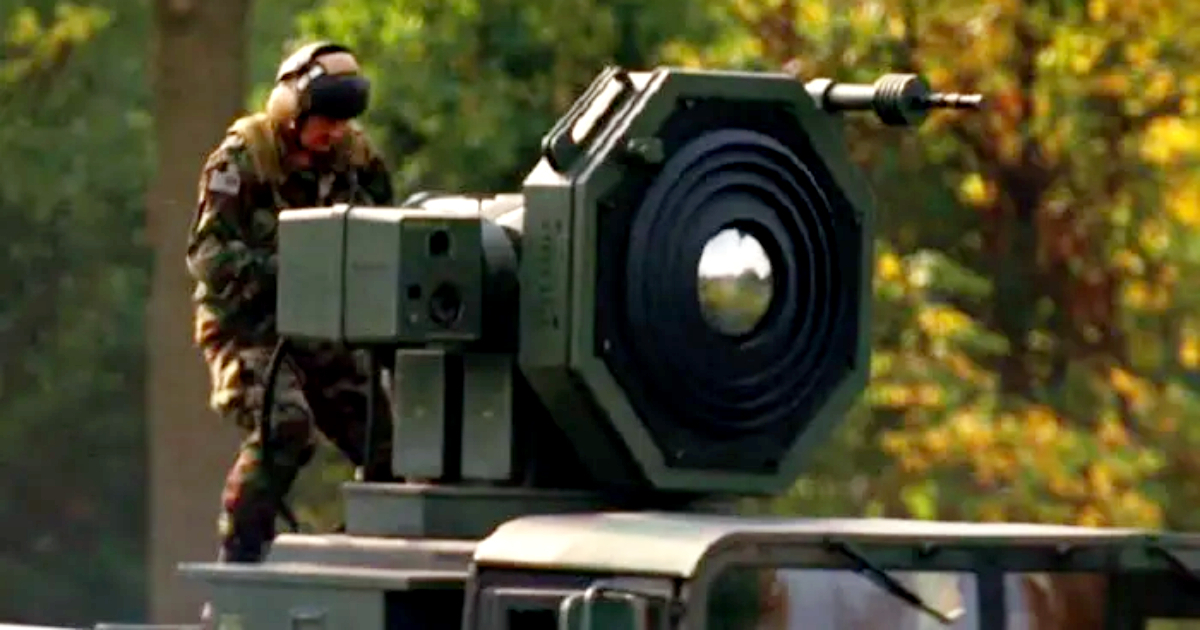The "Havana Syndrome," affecting numerous U.S. officials since 2016 with symptoms such as migraines, dizziness, and brain injuries, has once again become a focal point following the release of a new U.S. intelligence report. Two American agencies have suggested that a "foreign adversary" might be linked to a small number of cases, though concrete evidence remains elusive, according to El Nuevo Herald.
Released on January 10, 2025, the report highlights divisions within the U.S. intelligence community. While two agencies suspect foreign actors have developed advanced technology capable of inducing these symptoms, five other agencies view this theory as unlikely. Despite these differences, none of the evaluations successfully pinpoint a specific incident or direct perpetrator.
Investigations and International Implications
A National Security Council (NSC) official noted that the investigations are aimed at understanding the anomalous health incidents reported, leaving open the possibility of foreign involvement. However, agencies have acknowledged the absence of evidence linking any government to specific incidents, even those that occurred in Havana.
Independent investigations by outlets such as 60 Minutes, Der Spiegel, and The Insider have proposed a possible role of Russian military intelligence (GRU), particularly Unit 29155. This group has been implicated in utilizing "directed energy weapons" potentially responsible for the symptoms reported by victims. Nevertheless, the CIA and the Office of the Director of National Intelligence (ODNI) have dismissed these claims as speculative.
Victims' Reactions and Internal Controversies
Victims of the "Havana Syndrome," including U.S. officials stationed in Cuba, Russia, and China, have voiced criticism over the lack of transparency in the investigations. During a recent White House meeting, the NSC expressed support for the victims, apologizing for their treatment and pledging to continue the investigations, as reported by El Nuevo Herald.
Marc Polymeropoulos, a former CIA officer affected by the syndrome, remarked that the new report could signify a significant advancement, though he regretted the resistance from certain sectors within the intelligence community. Allegations of a cover-up have also emerged. A Congressional report published in December 2024 challenged the 2023 assessment that discounted foreign actors' involvement. The document highlighted potential attempts by the CIA to hinder the investigations, sparking debate over the handling of this phenomenon.
Cuba's Role in the Ongoing Debate
The "Havana Syndrome" first surfaced in 2016 when U.S. diplomats in Cuba experienced a series of unexplained symptoms. This led to a partial closure of the U.S. Embassy in Havana and strained bilateral relations. Although the Cuban government was initially blamed, subsequent investigations ruled out their direct involvement, leaving the case unresolved.
Similar cases have since been reported in other countries, like Russia and China, suggesting a broader pattern. The lack of concrete evidence has made it challenging to identify a culprit, and the phenomenon remains a puzzle for both the intelligence community and medical experts.
Political Impact and Future Directions
The "Havana Syndrome" has not only affected the victims but also significantly influenced U.S. foreign policy. The Biden administration has prioritized recognizing and treating the affected individuals, while Congress continues to push for clear answers. However, disagreements within the intelligence community and the absence of definitive evidence hinder progress towards a resolution.
The latest report underscores that the development of "directed energy technology" by foreign actors could pose an emerging threat. This potential technological advancement highlights the need to enhance defense capabilities and foster international cooperation to protect U.S. personnel abroad.
Ultimately, the "Havana Syndrome" remains an enigma, with implications extending beyond the victims' health. The lack of consensus within the intelligence community reflects the complexities of a phenomenon that might redefine national security and international relations.
Understanding the Havana Syndrome
What symptoms are associated with the "Havana Syndrome"?
The "Havana Syndrome" is associated with symptoms such as migraines, dizziness, and brain injuries.
Which countries have reported cases similar to the "Havana Syndrome"?
Similar cases have been reported in countries including Russia and China.
Who has been suggested as a possible culprit behind the syndrome?
Investigations have suggested a possible involvement of Russian military intelligence (GRU), specifically Unit 29155, though evidence remains speculative.
What impact has the "Havana Syndrome" had on U.S. foreign policy?
The "Havana Syndrome" has affected U.S. foreign policy by causing a partial closure of the U.S. Embassy in Havana and influencing the Biden administration's focus on victim recognition and treatment.
